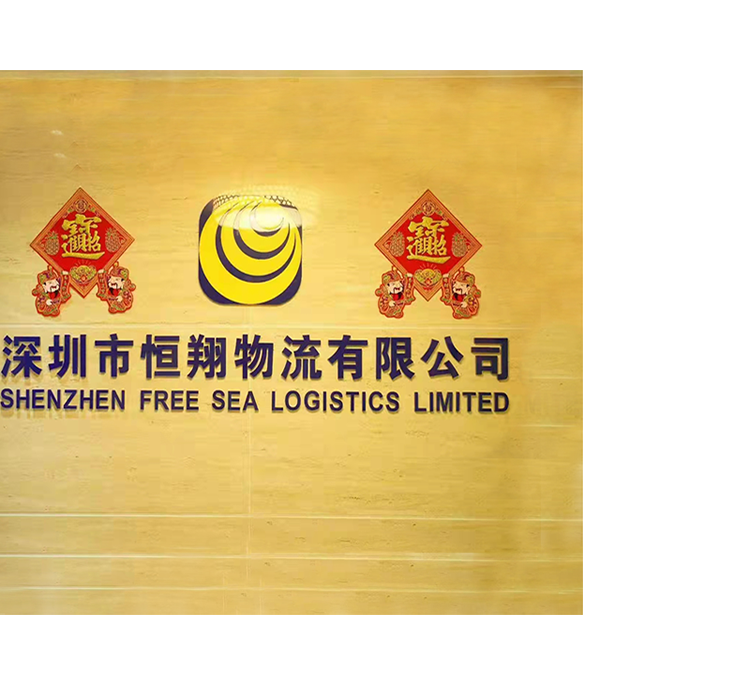1. International parcels
Small parcels weighing less than two kilograms, with the sum of the length, width, and height of the outer packaging less than 90 centimeters, and the longest side less than 60 centimeters, sent to foreign countries through postal airmail services are called international parcels.
International parcels are divided into ordinary airmail and registered mail. Ordinary parcels have lower rates, and the postal service does not provide tracking and inquiry services; registered parcels have slightly higher rates, and online tracking and inquiry services can be provided.

(I) Advantages of international parcels
Low cost
Compared with other modes of transportation (such as EMS, DHL, UPS, FedEx, TNT, etc.), international parcel services have an absolute price advantage. Using this delivery method can minimize costs and improve price competitiveness.
Simplicity
International parcels are easy to send, and the billing method is unified globally, regardless of the first weight and additional weight, which greatly simplifies freight calculation and cost control.
Globalization
International parcels can deliver products to customers in almost any country or region in the world. As long as there is a post office, it can be reached, greatly expanding the market space for foreign trade sellers.
(II) Disadvantages of international parcels
The timeliness is relatively slow, and the security and management of goods are relatively inferior.
2. International express delivery
International express delivery refers to the express delivery and logistics business between two or more countries/regions. It is a mode of delivery in which express parcels are inspected and released through border ports and customs between countries. After the express parcel arrives at the destination country, it needs to be re-transferred to the destination country before the express parcel can be delivered to the final destination. The main mode of transportation is air transportation.
Common international express delivery companies include DHL International Express, FedEx International Express, UPS International Express, TNT International Express, EMS International, etc.
(I) Advantages of international express delivery
DHL/FedEx/TNT/UPS: fast and stable timeliness; good service; high security of goods; strong customs clearance ability.
EMS International: affordable price; good service.
(II) Disadvantages of international express delivery
DHL/FedEx/TNT/UPS: relatively expensive.
EMS International: timeliness is not very stable, sometimes fast and sometimes slow.























